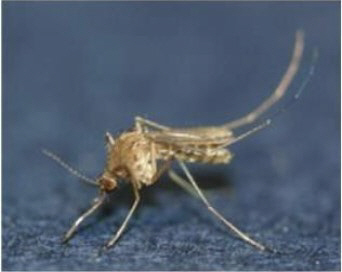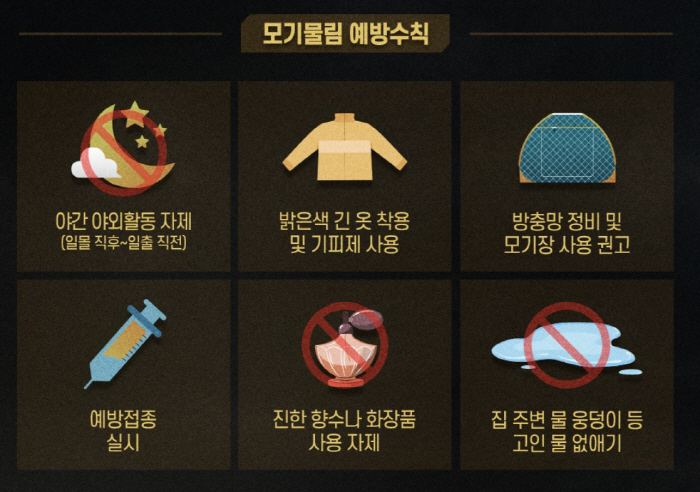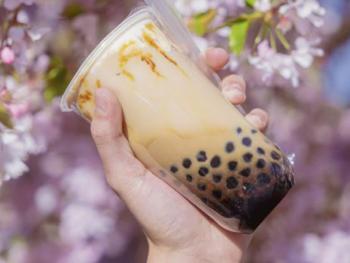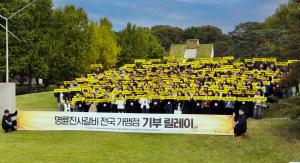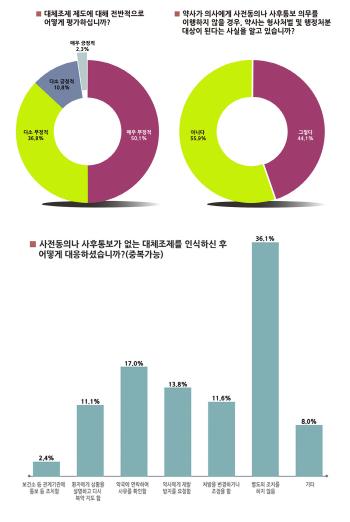Japanese Encephalitis Warnings issued nationwide...How to prevent mosquito bites?
Mar 28, 2025
|
According to the Korea Centers for Disease Control and Prevention, 10 out of 42 mosquitoes collected from Jeju Special Self-Governing Province and Jeollanam-do from the 24th to the 26th of this month were identified as small red mosquitoes. This is three days earlier than last year's discovery date (March 30), and the Korea Centers for Disease Control and Prevention estimated that mosquito activities were accelerated as the average temperature in Jeju and Wando increased by 6.2 degrees Celsius from the previous year.
Japanese encephalitis mediates 'Little Red House Mosquitoes' inhabit rice paddies and puddles, mainly at night, and occur from the end of March and peak in August and September.
Most people develop mild symptoms such as fever and headache when infected with the Japanese encephalitis virus, but rarely progress to encephalitis, symptoms such as high fever, seizures, confusion, convulsions, and paralysis occur, and 20-30% of these can lead to death. In particular, even if they recover from encephalitis, 30-50% of patients are likely to suffer from various neurological complications depending on the damaged area.
Vaccination is highly recommended to prevent Japanese encephalitis infection.
The Korea Centers for Disease Control and Prevention has been supporting Japanese encephalitis vaccinations to those born since 2012 through national vaccinations (differentiated to two or five times depending on the type of vaccine). In addition, it is recommended to get vaccinated if adults over the age of 18 who have not been vaccinated against Japanese encephalitis live near paddy fields or pig sheds or are scheduled to be active in these areas at the time of transmission. Vaccinations are also required if you have travel plans to India, Nepal, Myanmar, Cambodia, Indonesia, Malaysia, the Philippines, Singapore, Thailand, Vietnam, China, Japan, Taiwan, Russia, and Australia, which are at risk of Japanese encephalitis.
Other 'mosquito bite prevention rules' recommended by the Korea Centers for Disease Control and Prevention include ▲ refraining from outdoor activities at night from April to October when mosquitoes are active, ▲ wearing bright long-colored clothes when going out at night, and wearing wide-bodied clothes ▲ using mosquito repellents on exposed skin, clothes, top of shoes, socks, etc. ▲ refraining from using thick perfume or cosmetics that can attract mosquitoes, ▲ recommended maintenance of screens and use of mosquito nets to prevent mosquitoes from invading indoors, ▲ Water puddles around the house and clogged drainage channels are removed.
|
This article was translated by Naver AI translator.
